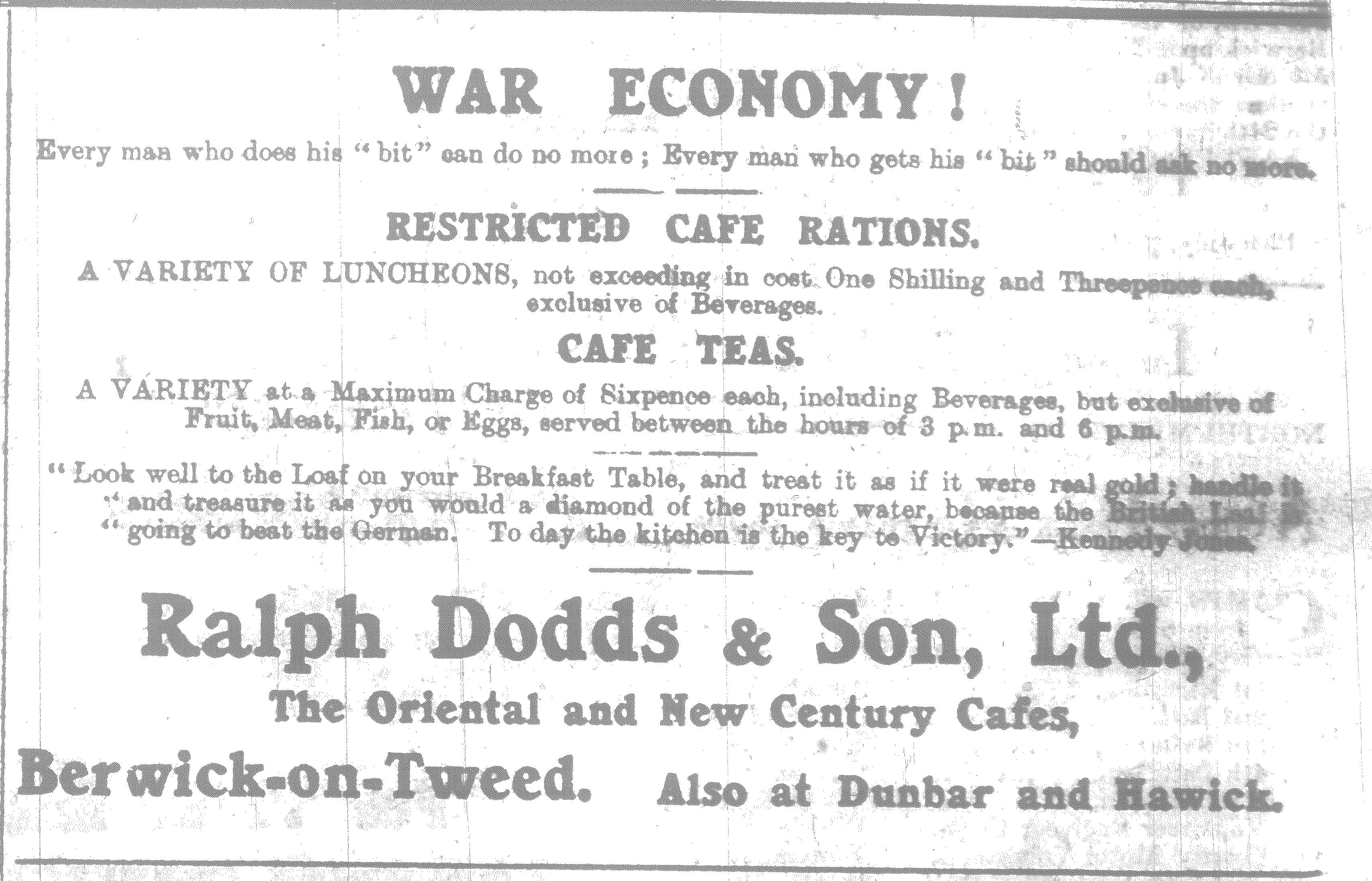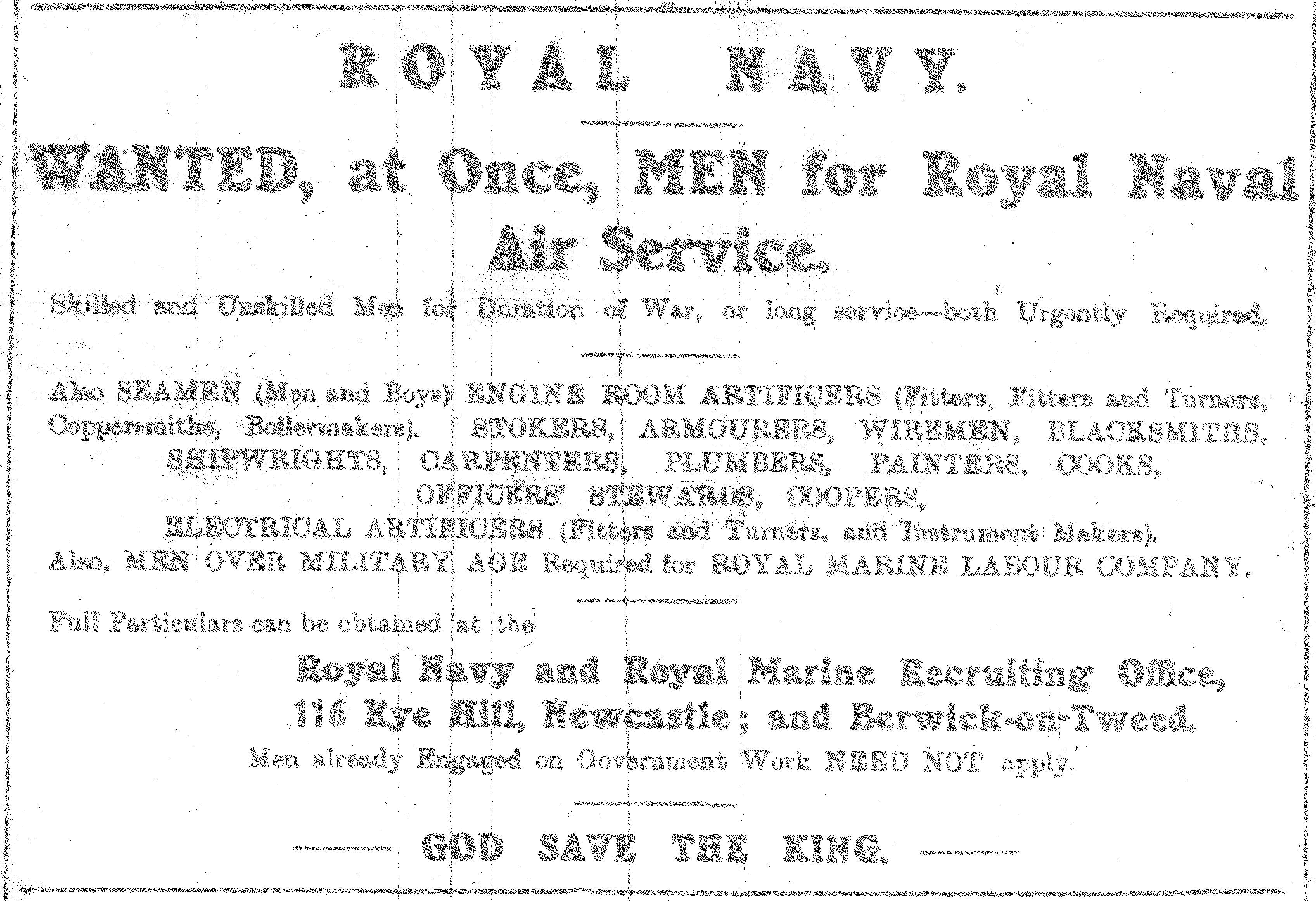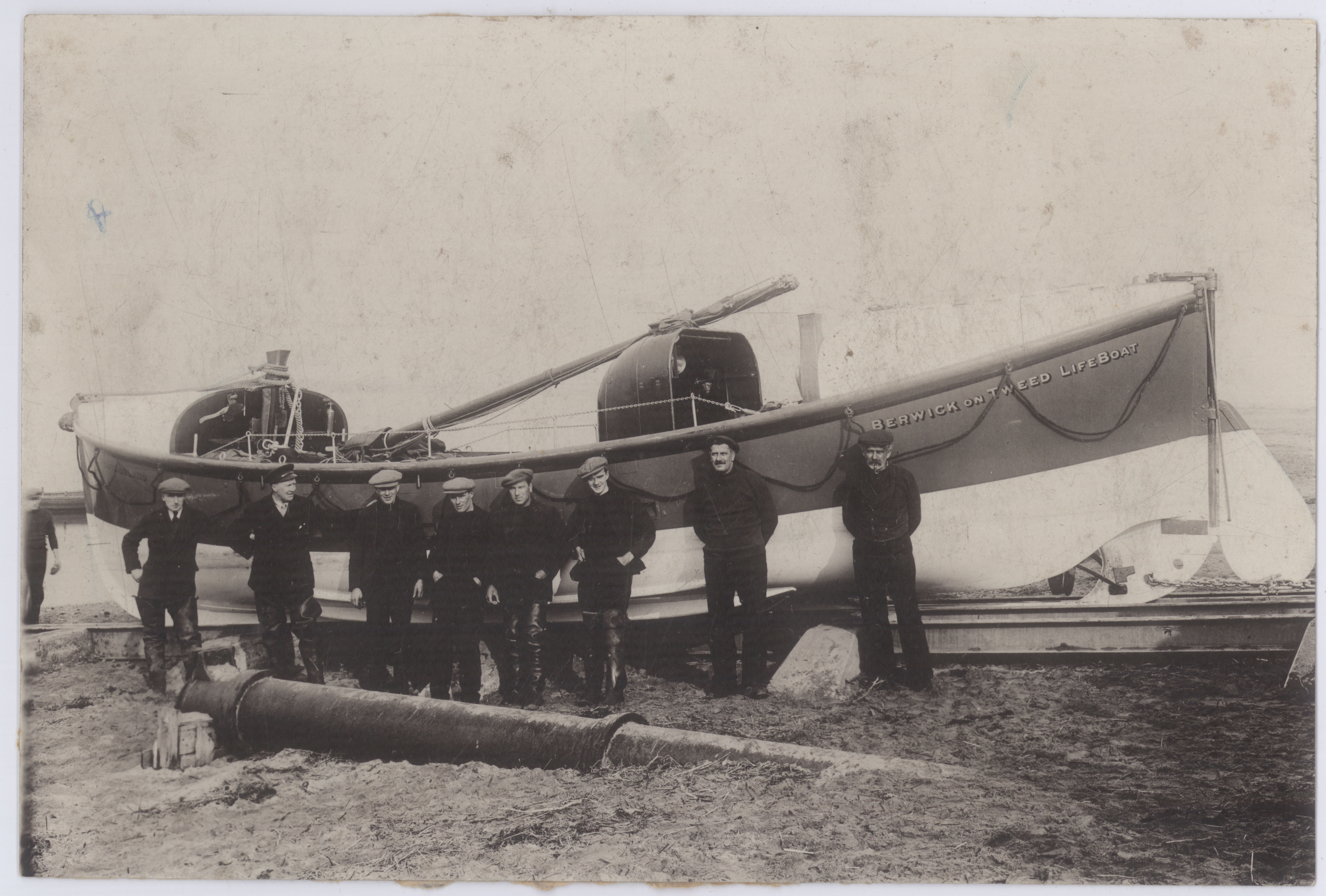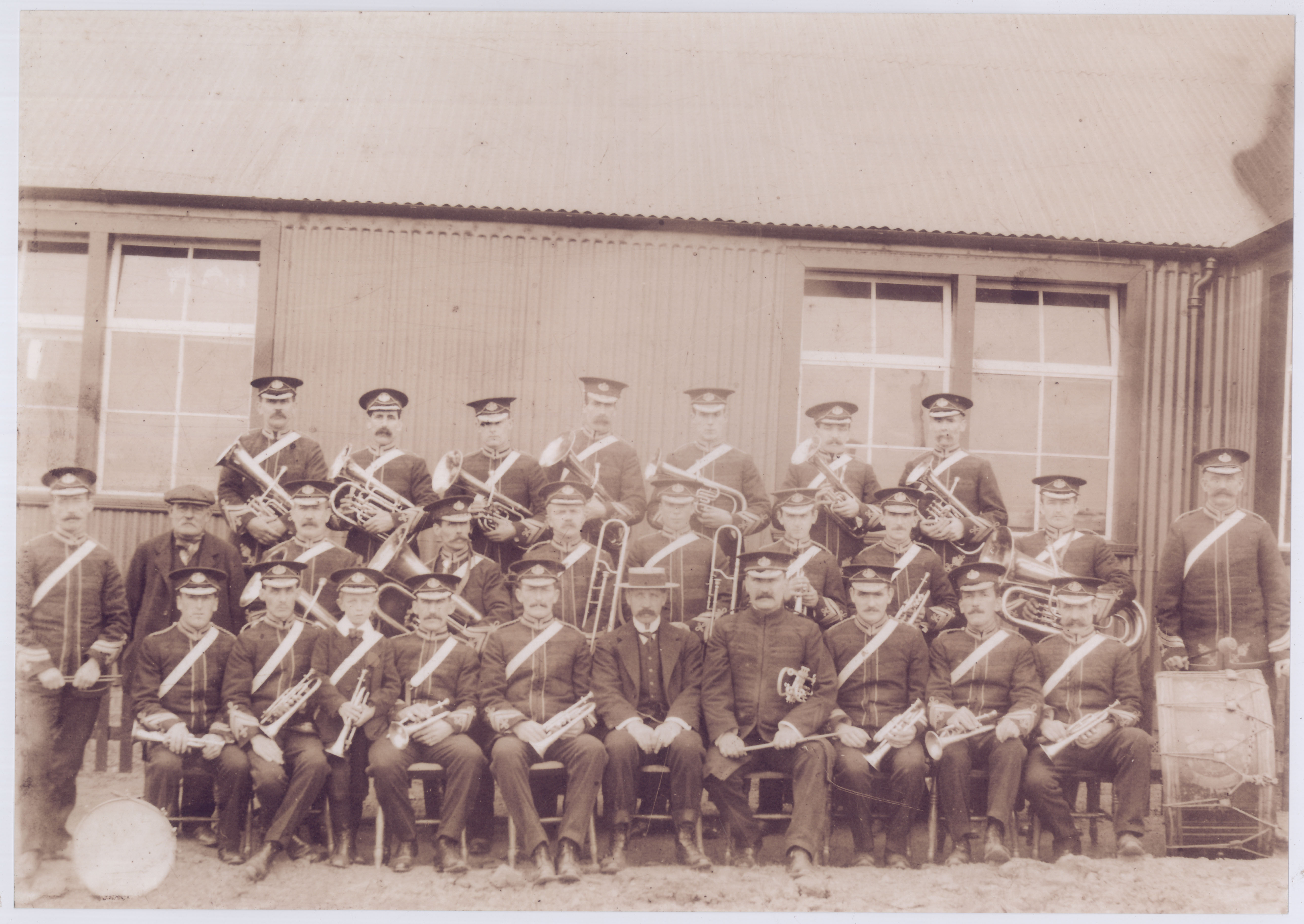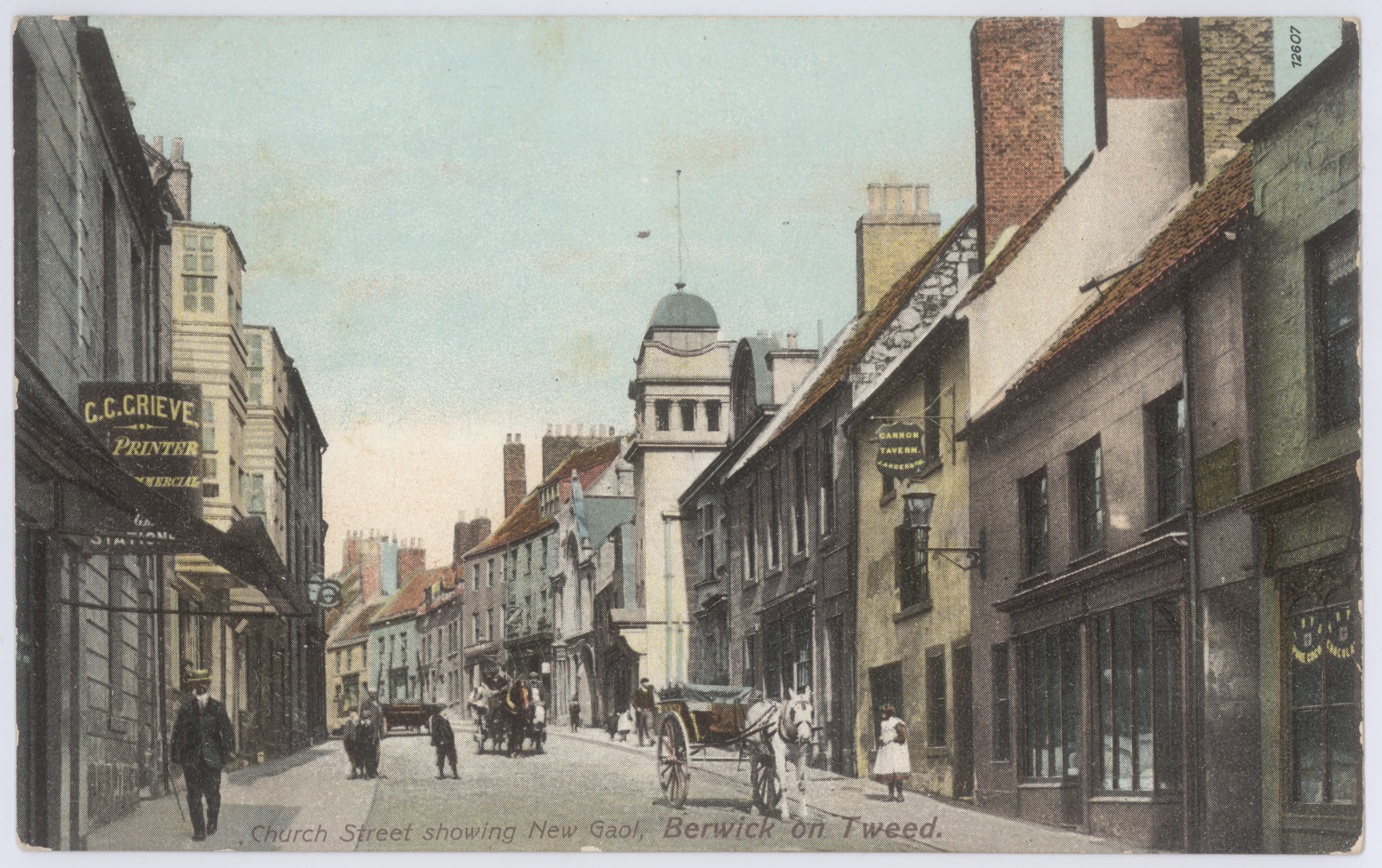The late Second-Lieut. Kenneth Brown of a Warwickshire Regiment and son of the late Dr D. W. Brown formerly Mayor of Preston was buried at Horton, Northumberland with full military honours. The deceased officer was one of nine victims of the Blyth bathing disaster. Capt. the Rev. Mr Vecschoyle, chaplain to the battalion who was highly commended for his gallantry in attempting to rescue the deceased officer, assisted the Rev. H. P. Cutter in the service. [Taken from the Morpeth Herald 31 Aug. 1917.]
The following has been extracted from the Morpeth Herald following the inquest.
Hundreds of soldiers were bathing at a spot between the West Pier and Gloucester Lodge. There was a strong southerly wind and a heavy hash on the sea. The tide was at a low-ebb, making the spot very dangerous for bathers. At this spot there were deep water channels cut in to the sand by the currents and the water rushes with an irresistible force. The soldiers had not been in the water long when some of them got into difficulties and were washed out seawards, in spite of their struggles. A number of comrades rushed to their assistance until at the fatal spot 13 men were seen struggling and evidently drowning. Soldiers formed a human chain by joining hands and wading as far they could into the fast ebbing tide. They succeeded in saving 5 of their comrades, three of whom were very exhausted, when they got ashore that they were immediately rushed off by car.
A statement by an old fisherman who knew every foot of the beach remarked. ”To bathe there was almost suicidal”.
The inquest into seven of the men was held on the Monday by the Coroner H. T. Rutherford. The recovered bodies were – Sgt. John Riley aged 25, Private Fred Shale 18; Thomas Forty; Edward G Beavan 19; Ed Noy 18; Harry Southern and W. W. Henderson. The other two missing were Private Blunn and Lieut. Kenneth Brown.
Sgt. James Dowling of the Royal Warwickshire Regiment identified five of the bodies. He was present bathing when the accident happened between 10 & 11 o’clock on the Friday morning. Private Leonard James identified the body of Private Harry Southern and was a witness at the time of the accident. He stated that he had never bathed in the sea before and went out about 30 yards and it took him all of his time to get back. He also stated that he had never seen the sea before! Police Sgt. Hill gave his account of the recovery of the 5 bodies. Private Southern was taken out of the sea by a Boy Scout belonging the 8 1/2 Maple Street, Hirst and Private Noye was rescued by a Boy Scout called Johan Gowans of 97 Pont Street, Hirst. Private Fortey was rescued by H Malston of Kimberley Terrace, Cowpen Quay the other bodies were got by the soldiers.
Lieut. Colonel Frank Martin Chatterley of the Warwickshire’s was the Commanding Officer and expressed his deepest sympathy to the relatives of the deceased and wanted also to recognises the great gallantry shown by the Chaplain Captain G. J. F. Verse Hoyle who tried to save Lieut. Brown and also to Sgt. Riley who lost his life whilst trying to save his comrades.
The soldiers left camp at 09.30 on the weekly route march. Arriving at Blyth sands about 11.30. He give the men a rest of 20 minutes to allow them to cool down and afterwards extended them along the sands in the usual place where the battalion had bathed several times before. This is the exact place civilians and children bathe. Chatterley issued orders to the detachment. Strong swimmers had to be taken out first and the ranks were warned not to go beyond their depths. About 600 men then went in to the sea.Chatterley remained on his horse and watched as the men went in to the water. He then decided to have a bathe himself. He undressed and went into the water and was in the water for about 6-7 minutes. As he came out of the sea Major Burn galloped up to him, informing him that someone was in difficulties towards the pier.
He ordered Major Burn to gallop off and arrange for a boat which he did and the steam launch ‘Water Witch’ was there within 10-12 minutes. Chatterley went into the water where he saw the chaplain had swam out to Lieut. Brown who was 70-80 yards out and in extreme difficulties. The chaplain was supporting Lieut. Brown and Chatterley shouted to the chaplain to encourage him, but the chaplain had to relinquish the Lieut. and had the greatest of difficulty getting back. Indeed he would not have reached the shore if others hadn’t assisted him. The witness added there was a terrific current on the right flank.
Coroners Recommendation
Summing up the Coroner said the accident was one of the saddest cases of drowning they had had in Blyth for many years and certainly not in his experience, which they knew was an exceedingly long one.
So far as the verdict of the jury was concerned it would be a simple one. They were drowned whilst bathing and they would join him in commending the efforts made to save the poor men, especially the efforts of the chaplain and the others who had done their best to get the men out of the sea.
But there was another matter he would like to refer to. About two years ago he had a case at Seaton Sluice where 3-4 solider went out and were drowned and he had made some rather strong comments at the time in regard to the current at that part of the coast and suggest that many of these men, had never seem the sea before and knew nothing about sea bathing. Every precaution may have been taken, but they did not have the local knowledge and should have consulted with local men who knew the beaches and could give advice.
Lieut. Brown’s brother remarked that an old sailor on the beach told him when he saw the battalion go down on Friday, that some of the men would not get out of the sea alive. They knew the currents and the dangers. Had their knowledge been at the disposal of the officers the lives of the deceased men might have been saved. The jury found that the mem were accidently drowned and they recommended that a boat be provided in case of accidents whenever large numbers of men were bathing.
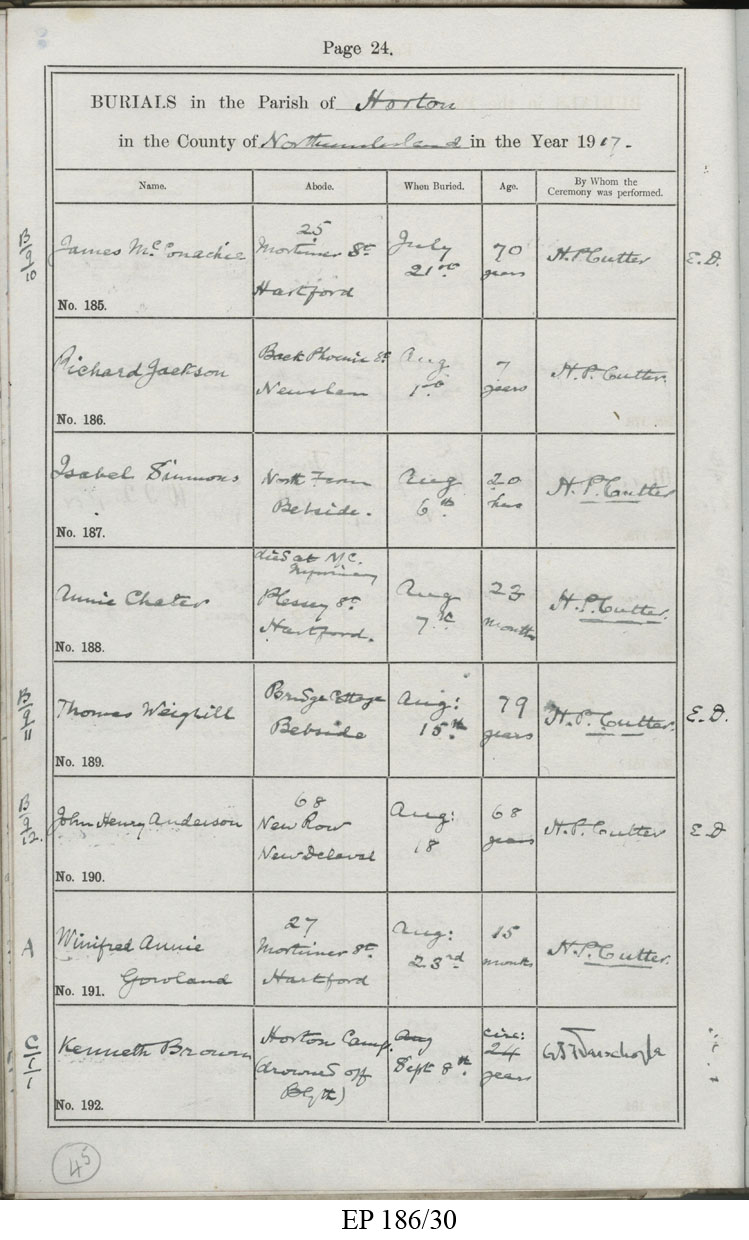
Blyth Town Council and Blyth Battery are looking for any of the relatives of the nine men who died of drowning while on service with the Royal Warwickshire Regiment on August 24, 1917. They are putting together a commemoration for these men on Thursday August 27, 2017. If any of the relatives would like to be involved please contact them on bbv1916@hotmail.co.uk or ring 01670368816.


